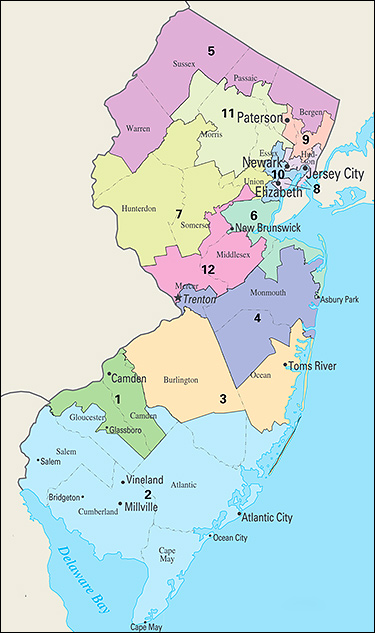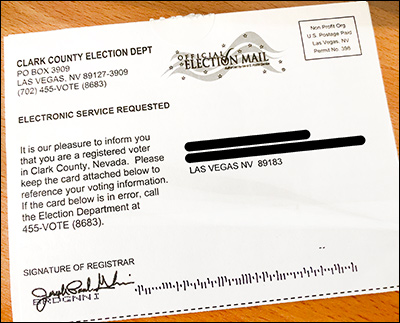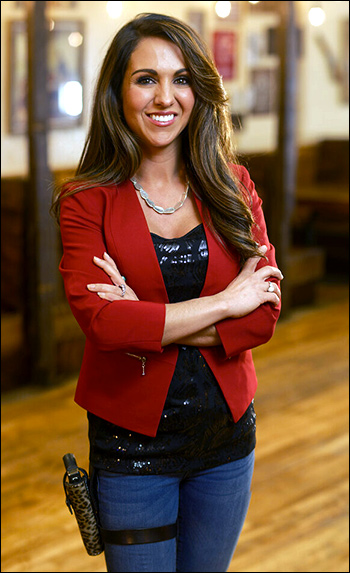By Jim Ellis
July 10, 2020 — Public Policy Polling, the most prolific national pollster of late, just released a new survey of the upcoming Alaska elections from what could be the most difficult state in America to poll.The PPP data find close races for president, Senate and US House, which isn’t particularly surprising when comparing today’s numbers to the previous Alaska polling ratio. Past actual results, however, reveal a relatively consistent Republican under-poll.
To begin, the PPP survey tested 1,081 “voters” via automated response device during the July 7-8 period. This firm is recently using the “voters” term to describe their sample. It is clear the respondents are not likely voters, but there is no associated definition that clearly identifies the “voters” universe.
The fact that the individuals are not identified as registered voters could mean they are eligible voters, which would translate into adults. Such a sample would substantially increase the polling error rate. Therefore, it is not surprising to see the poll producing some unusual totals.
The presidential race finds President Donald Trump holding a mere 48-45 percent edge over former vice president Joe Biden in a state that he won by 15 points in 2016. Additionally, the spread seems rather inconsistent with the results produced from the favorability questions. The President’s job approval was 46:49 percent positive to negative, which, despite being upside down, is far better than Trump’s national approval average. The more surprising number, however, was Biden’s poor 36:53 percent favorability index. Overlaying these numbers with the ballot test provides a seemingly inconsistent response pattern.
Sen. Dan Sullivan (R), standing for his first re-election, holds only a 39-34 percent lead over likely Democratic nominee, surgeon Al Gross. Looking back at the 2014 polling records when Sen. Sullivan was challenging then-incumbent Mark Begich (D), July polling of that year found Begich holding leads of 46-35 percent (CBS News/New York Times), and 44-37 percent (Harstad Strategic Services). Sullivan would then turn the race around and win 48-46 percent in that election year.







